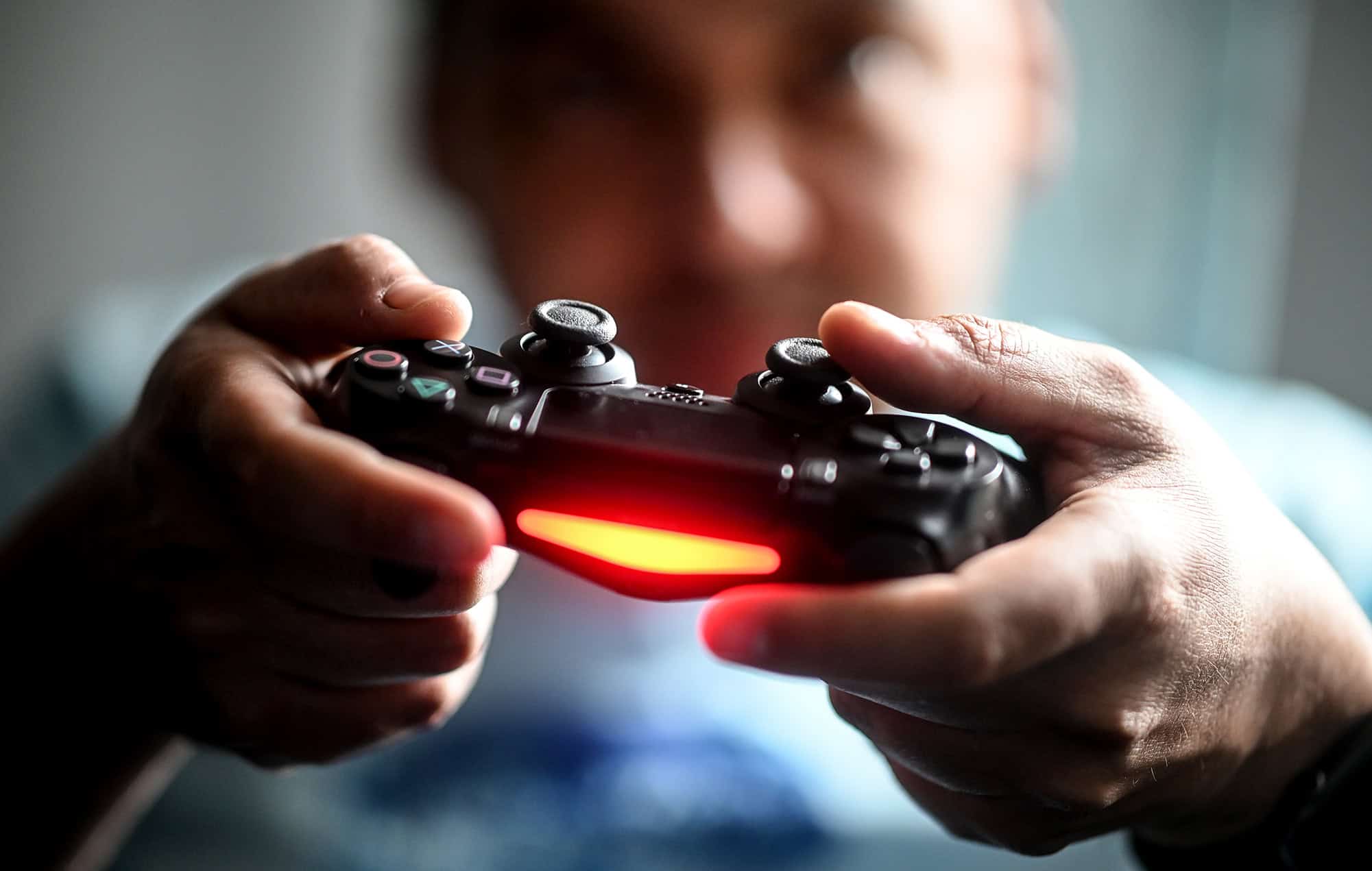If you look at what a game designer does, it’s obvious that he needs knowledge from different spheres: programming, design, marketing, people management, psychology. And of course you need to have a good knowledge of games – you won’t be able to become a game designer without it. Here is a sample list of what a specialist should be able to do:

- Understand the target audience of a game.
- Understand the psychology of gameplay.
- Be able to communicate his thoughts to other team members. That’s why it’s important for a game designer to learn how to communicate.
- Know the classification (types) of games by content and mechanics.
- Understand the business models of games and the basics of game marketing. A game designer is a creator, but with a commercial bias.
- Have an excellent grasp of the “inner workings” of games:
- Understanding the basics of game production and being able to work with documentation.
- An idea of the main platforms for which games are created and what tools may be needed to do this. Which engine to choose, which programming language to use.
- Know the principles of creating game interfaces.
- What gameplay and game mechanics are.
- Narrative design and storytelling in games.
Be able to work with game analytics, manage the game after release.
